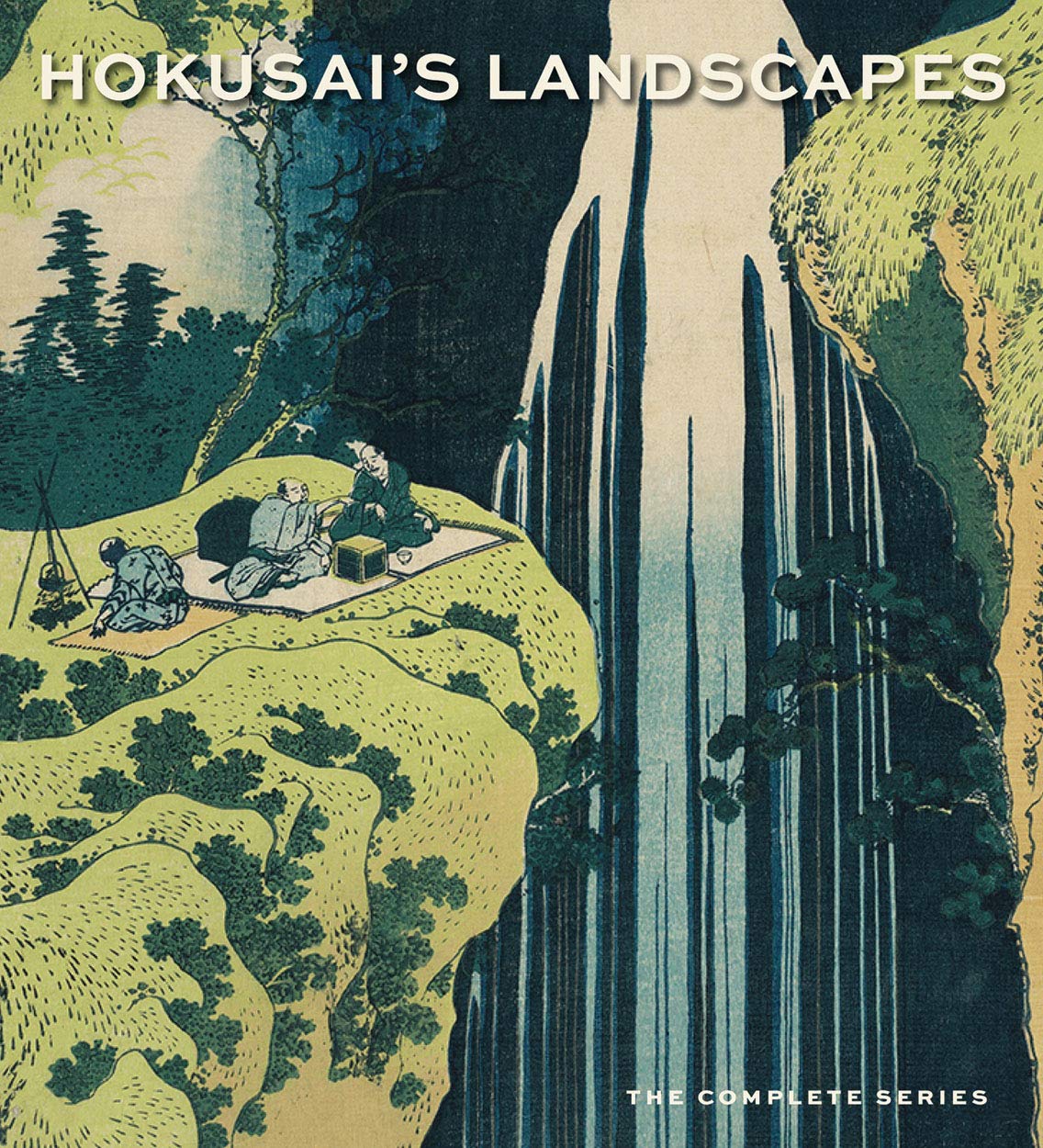內容簡介
內容簡介 The first book to focus exclusively on Hokusai’s landscapes, by one of the world’s leading ukiyo-e specialistsThe best known of all Japanese artists, Katsushika Hokusai was active as a painter, book illustrator and print designer throughout his 90-year lifespan. Yet his most famous works―the color woodblock landscape prints issued in series―were produced within a relatively short time, in an amazing burst of creative energy that lasted from about 1830 to 1836.Hokusai’s landscapes revolutionized Japanese printmaking and became icons of world art within a few decades of the artist’s death. Hokusai’s Landscapes focuses exclusively on this pivotal body of the artist’s work, the first book to do so. Featuring stunning color reproductions of works from the incomparable Japanese art collection at the Museum of Fine Arts, Boston (the largest collection of Japanese prints outside Japan), Hokusai’s Landscapes examines the magnetic appeal of Hokusai’s designs and the circumstances of their creation.The book includes all published prints of the artist’s eight major landscape series: Thirty-Six Views of Mount Fuji (1830–32), A Tour of Waterfalls in Various Provinces (1833–34), Snow, Moon and Flowers (1833), Eight Views of the Ryukyu Islands (1832–33), One Thousand Pictures of the Ocean (1832–33), Remarkable Views of Bridges in Various Provinces (1834), A True Mirror of Chinese and Japanese Poetry (1833) and One Hundred Poems Explained by the Nurse (1835).Working prolifically in the years just before Japan opened to the West in 1853, Katsushika Hokusai (1760–1849) was the first Japanese artist to be internationally recognized. His cleverly composed ukiyo-e prints of everyday life and the landscapes of Edo Japan arrived in a 19th-century Europe gripped by Japonisme-mania, where they influenced artists such as Degas, Gauguin, Manet and Van Gogh."
